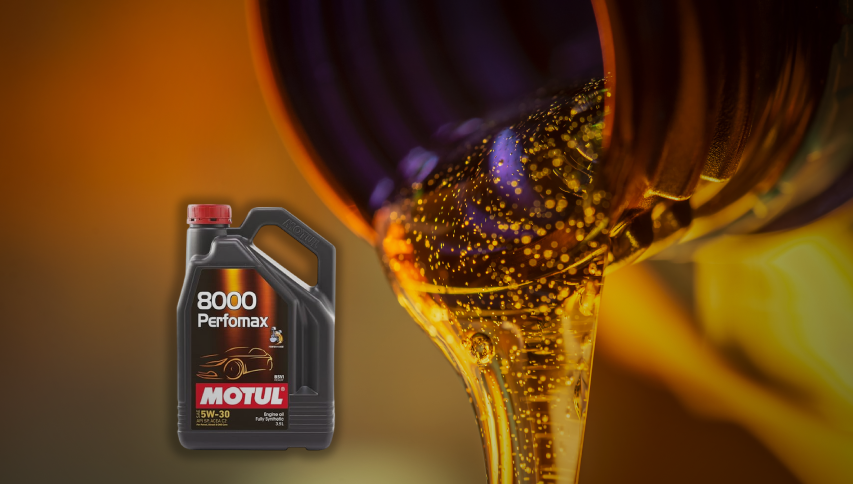Why Does Engine Oil Turn Black

Whenever you refill engine oil into your car or bike’s engine, notice how it is a pristine golden hue, much akin to olive oil or coconut oil? Ever wondered why the same engine oil turns into a murky, almost black liquid after just a few thousand kilometers? It’s a common sight whenever you’re changing your engine oil that often sparks curiosity and sometimes even concern. Why is it black? Let’s delve into the science behind this transformation.
What Happens to Engine Oil When Your Engine is Running?
Your car or bike engine is a high-performance machine with intricate moving parts. Every time you turn on your vehicle’s engine, it roars to life and these parts start rubbing against each other, generating heat and friction. You won’t notice it as you ride or drive to your destination, but the engine oil you’re using is making sure these moving parts don’t hurt each other as they make contact while your engine is running. Whether it’s car engine oil or bike engine oil, they share the same purpose. To ensure all these moving parts have sufficient lubrication to rub against each other without causing damage. Regardless, this friction causes heat to generate. And your engine oil is the first line of defence against this heat.

How Engine Oil Works
Engine oil, or lubricant oil is a complex blend of base oils and additives. The base oils provide lubrication, while the additives perform various functions like detergency, anti-wear, and oxidation resistance. As the engine runs, the oil circulates through the engine, picking up dirt, metal particles, and combustion byproducts.
Why Does Engine Oil Turn Black?
The culprit behind the darkening of engine oil is a combination of factors:
- Combustion Byproducts: During combustion, tiny particles of carbon and other substances are released. These particles get mixed with the oil, causing it to darken.
- Metal Particles: As engine parts wear down, tiny metal particles are released into the oil. These particles can also contribute to the darkening of the oil.
- Oxidation: Over time, the oil oxidizes, leading to the formation of sludge and varnish. This oxidation process can also darken the oil.

Motul: A Superior Choice for Your Engine
Motul offers a range of fully synthetic engine oils for cars & bikes that are designed to deliver exceptional performance and protection. With a legacy in high performance motoring, Motul’s R&D has pushed the envelope and come up with some of the best engine oil solutions in the market. These oils are formulated with advanced technology to:
- Reduce friction: Minimize energy loss and improve fuel efficiency.
- Protect engine components: Prevent wear and tear, extending engine life.
- Resist oxidation: Maintain oil quality over extended periods.
- Disperse contaminants: Keep the engine clean and efficient.
Through their commitment to innovation and quality, Motul has established itself among the leading engine oil companies in the automotive industry.

Conclusion
The darkening of engine oil is a natural process that occurs due to the accumulation of contaminants and oxidation. While it’s a normal phenomenon, it’s important to change your engine oil regularly to maintain optimal engine performance and longevity. By choosing a high-quality synthetic engine oil like Motul, you can ensure your engine stays clean, protected, and running efficiently.







